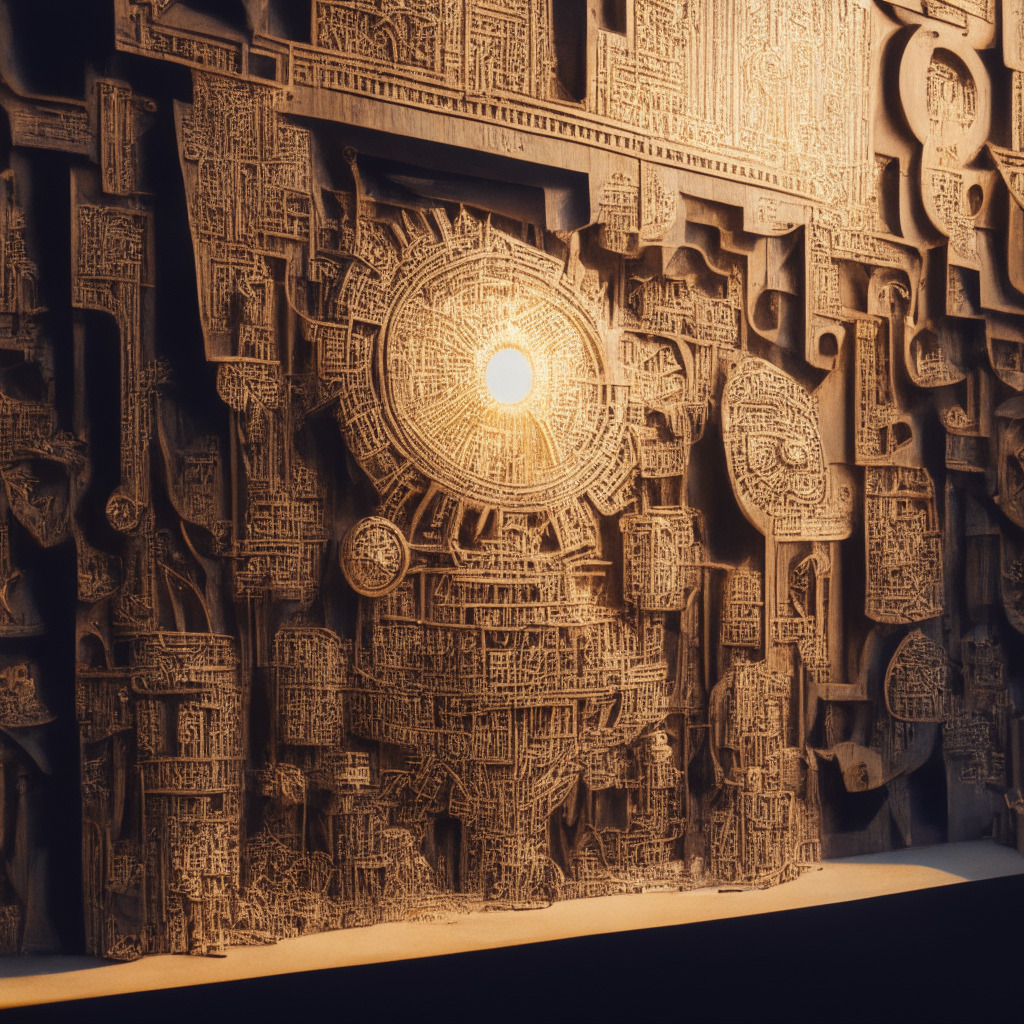Recent writings by Vitalik Buterin, co-founder of Ethereum, have cast a discerning lens over the new human identity verification system known as Worldcoin. Buterin’s concerns surround the privacy and accessibility of the technology, suggesting a tension between these factors and the system’s potential advantages.
Worldcoin’s methodology involves the creation of a “digital passport” via specialized machines called Orbs, which scan user eyeballs. This biometric data serves as proof of humanity, a countermeasure designed against AI bots. While Buterin acknowledges the necessity of such systems to combat abuses and concentration of power, notably by wealthy or hostile actors, he warns of considerable risks.
Conversely, if Worldcoin can successfully maintain its decentralization promise, it might evade reliance on central authorities while revealing only minimal user data. However, the accessibility and proliferation of Orbs machines add layers of complication. Despite Worldcoin reporting its distributed 1,500 Orbs in 35 global cities and registering a considerable uptick in weekly sign-ups – from 40,000 to 200,000 individuals – Buterin remains skeptical. His concern is centered around the lack of scalability and reachability of the Orbs for the global populace.
Buterin’s reservations go even beyond the logistical. A key worry is the invasive nature of iris scanning. He fears this process may unearth more data about an individual than just proof of their humanity, potentially including sensitive details such as their sex, ethnicity, or even certain health conditions.
Wrapping up his thoughts, Buterin stresses that a world devoid of proof of personhood schemes also comes laden with its own set of potential hazards. In an acknowledgment of the monumental task at hand, he sees the creation of a robust and effective system as not just a herculean task but one that is almost certainly time-consuming.
This dialogue engages the heart of the delicate balance between privacy, security, and accessibility in cryptocurrency technology. With rapid advancements and the mainstream adoption of blockchain technology, this balance will continue to come under scrutiny as the world grapples to find an effective, yet privacy-preserving proof of humanity system.
Source: Cryptonews




